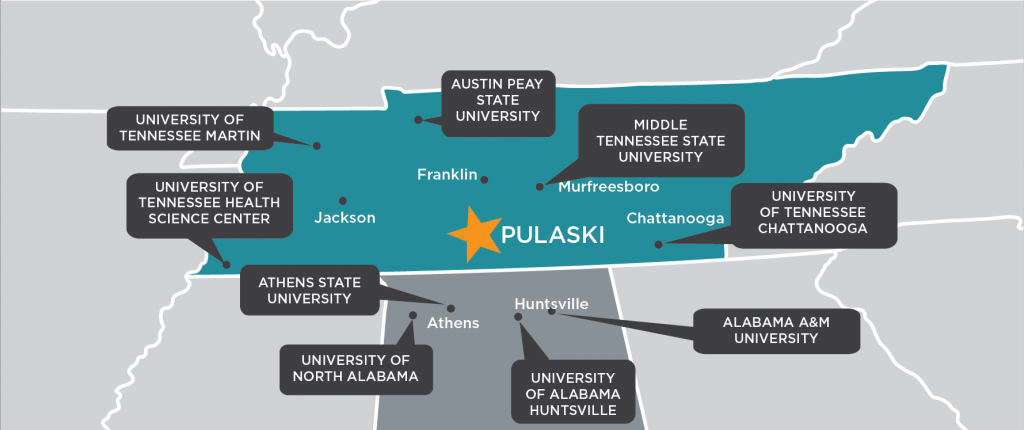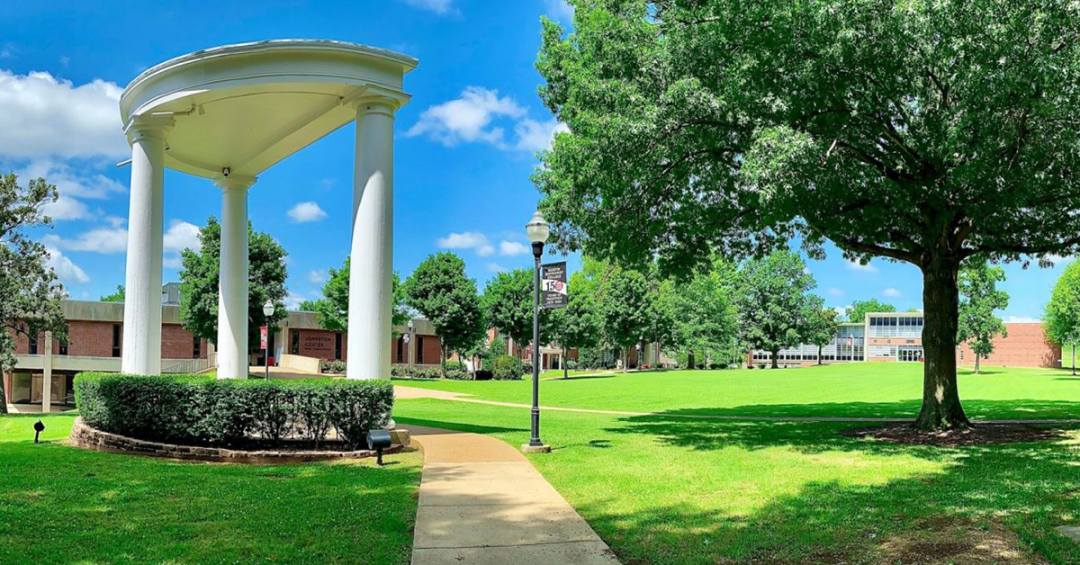Creating Greater Opportunities for Rural Tennessee
In September 2020, the University of Tennessee System signed a nonbinding letter of intent with Martin Methodist College in Pulaski, Tennessee, the first step in discussions for the small, 150-year-old, private college to join the University of Tennessee System. The University of Tennessee completed through an independent third-party a due-diligence report to inform future decision making about the proposal.
The University of Tennessee Board of Trustees recently took the next step in a possible acquisition of Martin Methodist College by giving UT System leaders the approval to continue negotiations. The Martin Methodist College Board of Trustees also voted to move forward with the proposal.
Establishing a public, four-year higher education institution in southern Middle Tennessee will support the region’s long-term economic success. However, to make it a reality, the acquisition of Martin Methodist College to establish a University of Tennessee campus must be funded in Governor Bill Lee’s budget.
University of Tennessee President Randy Boyd and Martin Methodist College President Mark La Branch have asked us to help advocate for this critical initiative as the governor prepares his budget proposal over the next six weeks. Please consider writing a letter sharing your story about how a more robust workforce pipeline will impact you, your business and your community. Below are three sample letter options to use as a guide. As a business leader, you have a strong voice and can make a tremendous difference in our great state.
LETTER 1
LETTER 2
LETTER 3
Read on for an overview of the benefits of the proposal for the state of Tennessee.
Rural Workforce Development
Martin Methodist’s graduates are vital to the economic success of southern Middle Tennessee and the state of Tennessee. Retaining our best and brightest Tennesseans by providing affordable higher education opportunities in our rural communities will develop our economic engine as we prepare the workforce of tomorrow. The proposed partnership will provide additional opportunities for southern Middle Tennessee families, who would have access to more undergraduate and graduate programs, as well as more affordable tuition. It will address unmet labor needs in the region, producing more education, nursing, and business graduates. These graduates will be crucial to the long-term economic success of southern Middle Tennessee.
“This proposal will open up many opportunities for our citizens to receive a great education and provide our local businesses and industries with employees prepared to compete in a global economy.” – David Hamilton, Executive Director Giles County Economic Development Commission

Expanding Educational Opportunities for Rural Tennessee
There are no public four-year Tennessee institutions in the nearly 300-mile distance from Memphis to Chattanooga along the southern Tennessee border. Few postsecondary institutions are currently serving the geographic area in and around Giles County, limiting opportunities for students who desire to pursue their education in the southern Middle Tennessee region. Vickie Beard, the Director of the Giles County School System, voiced her support for the proposal, saying, “This proposal provides a geographically accessible opportunity for affordable post-secondary educational experiences. Additionally, the merger allows for increased early post-secondary opportunities and enhanced career pathways for area high school students.” The region is a higher education desert, with Martin Methodist College as one of the few higher education providers. There are multiple public Alabama universities within miles of the border that offer in-state tuition for Tennesseans residing within 50 miles of the Alabama border. More than 1,200 high school graduates cross the state line each year to receive their postsecondary education at the University of North Alabama and the University of Alabama in Huntsville alone. It is often cheaper for students wanting to stay close to home to attend an Alabama school. And once in Alabama, many students never return, contributing to a “brain drain” that impedes the region’s economic development.
“Thousands of southern Middle Tennessee students cross the Alabama border to go to college every year because we don’t have the educational opportunities they are seeking here at home. This proposal reduces that ‘brain drain’ and gives our students the opportunity for an education from one of the top public universities in the country.” – T.R. Williams, Lawrence County Executive

